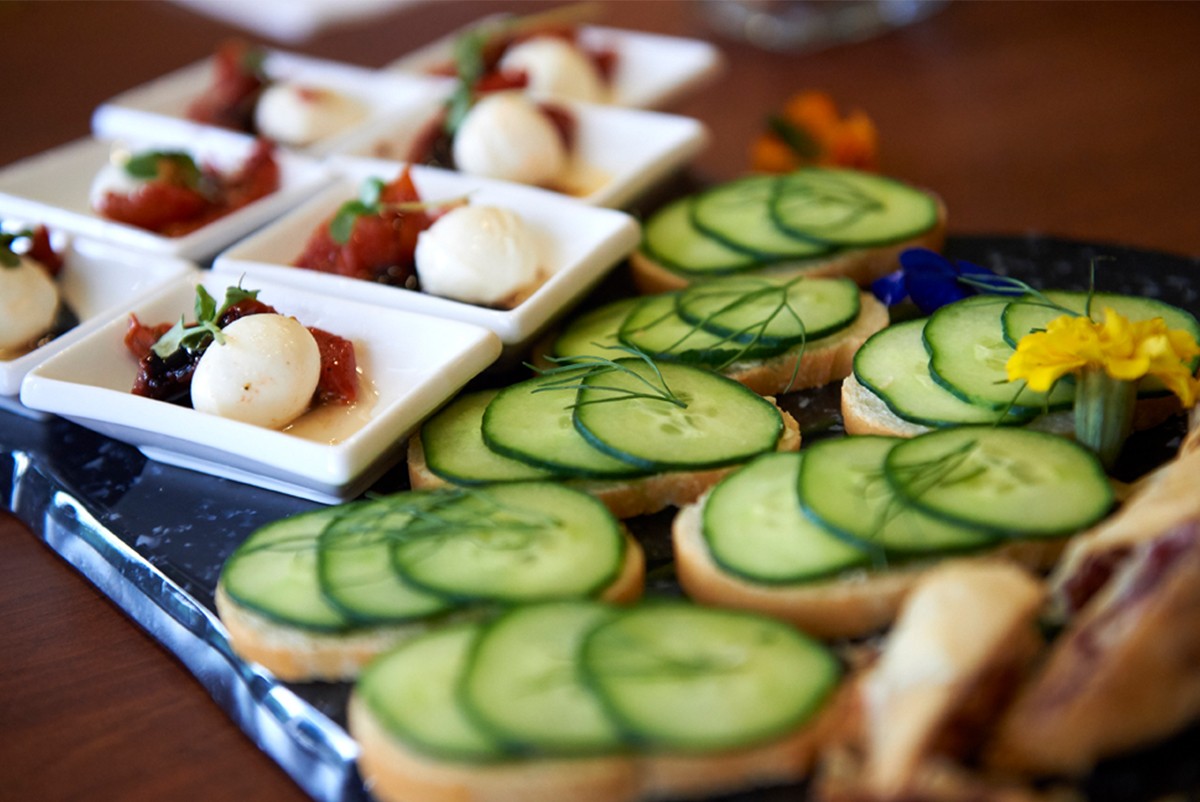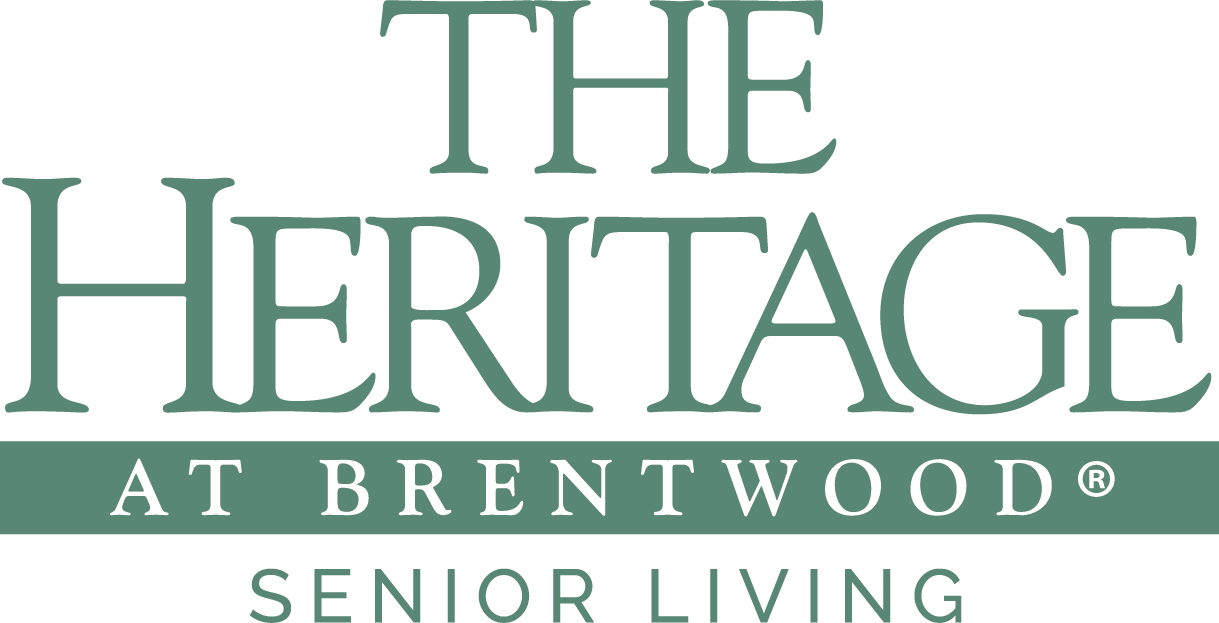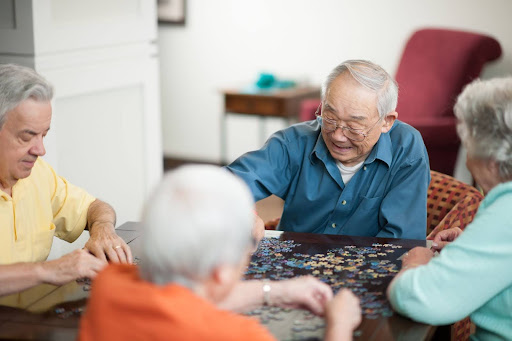
The Best Diet for Seniors
The best diet for seniors is one that provides all the nutrition their body needs. A good place to start is with these recommendations from the USDA’s Dietary Guidelines for Americans:
- Eat plenty of fruits and vegetables
- Choose healthier sources of protein such as fish, chicken, nuts and beans
- Substitute whole grains for refined grains
- Switch to low-fat or fat-free milk, yogurt or cheese fortified with vitamin D
- Reduce consumption of saturated and trans fats, sugar, and salt
Following these guidelines can help any adult get on track to a healthy diet. But what about the specific nutritional needs of seniors?
The Best Diet for Seniors is One Designed Just for You
Older adults have unique nutritional needs and may need to make changes to their diets as the years go by. That may mean increasing protein intake to offset muscle loss. Reducing salt consumption to lower the risk of hypertension or diabetes. Or increasing calcium and vitamin D to prevent osteoporosis. If you have health concerns, it’s important to follow your doctor’s advice. Talking to a registered dietitian can also help you create a diet plan that meets your individual needs with foods that you enjoy eating. For more food for thought, consider the following health tips for seniors:
Eat Less
It’s the only diet guaranteed to work. If you’re taking in more calories than you’re burning up, you’ll gain weight. It’s as simple as that. There is a silver lining though. Nutrient-rich foods like fruits, vegetables and whole grains will fill you up with fewer calories, so you don’t have to feel hungry.
Exercise More
Older adults tend to gain weight with the loss of lean muscle. Regular exercise helps you shed those extra pounds and build muscle. Losing weight can also lower high blood sugar, high cholesterol and high blood pressure, and reduce your risk of diabetes, heart disease and stroke. It’s one health tip for seniors you can’t afford to ignore.
Stay Hydrated
Sense of thirst can decline with age, so drinking enough water is important to prevent dehydration. Eight glasses of water per day is the general rule, but fruits and vegetables are full of water, so they count too.
Feed Your Brain
Twenty percent of the calories you consume power your brain. And one of the best brain foods is fish that’s high in omega-3 fatty acids, such as salmon. Other brain-healthy foods include blueberries, walnuts, kale, spinach, olive oil and a glass of wine with dinner.
Keep Things Moving
Insoluble fiber is a natural laxative. It helps move food through your digestive tract and may help prevent digestive disorders such as constipation or diverticulitis. Whole grains, bran cereal, oatmeal, vegetables and fruit are all good sources of fiber.
Drink in Moderation
Your tolerance for alcohol gets lower as you grow older. So if you do enjoy a drink, limit it to one drink a day for women and up to two drinks a day for men. Moderate alcohol consumption may reduce your risk of heart disease, stroke and diabetes.
Healthy and Delicious Are on the Menu
The talented chefs and on-staff dietitian at The Heritage at Brentwood® work together to develop menus that will satisfy your taste buds and meet your nutritional needs. The choice is extensive, and the quality rivals any restaurant in the area. Check out the Preferred Choice Dining® options for a taste of what’s cooking at The Heritage.



